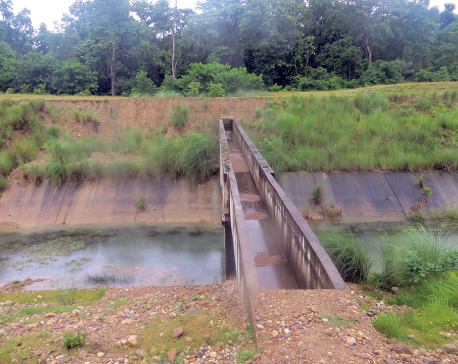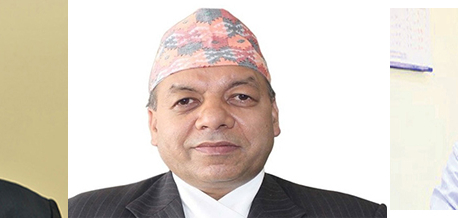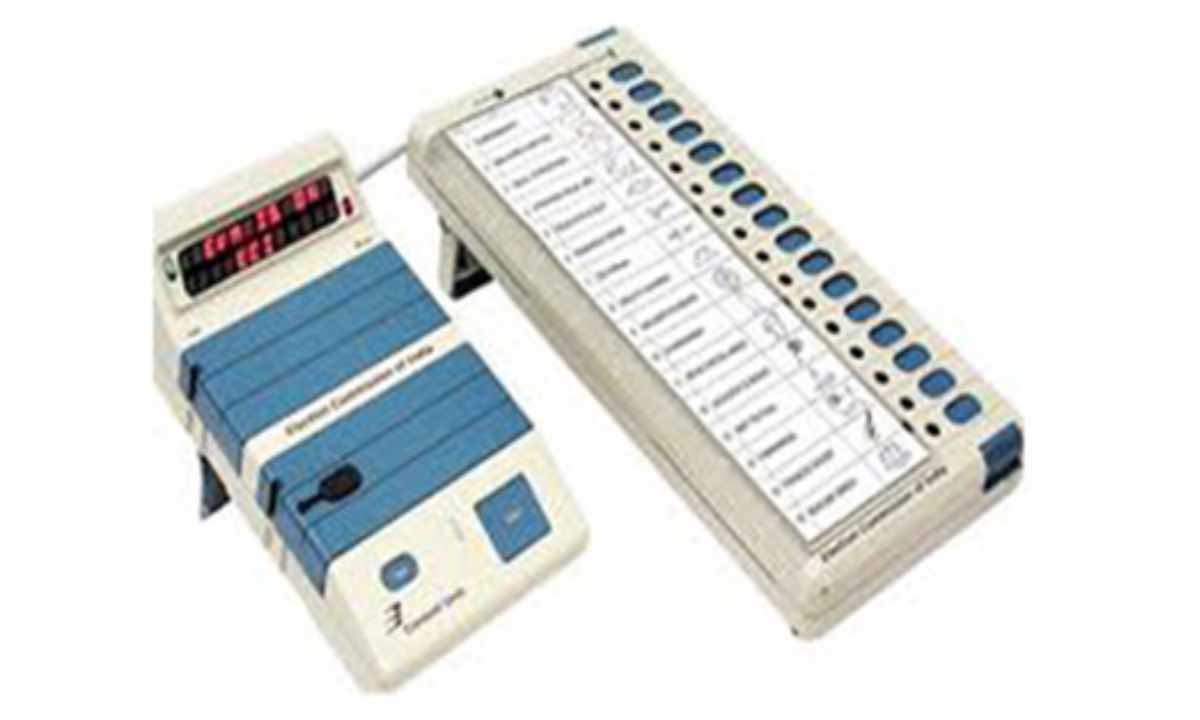
OR
Govt may probe ill-gotten gains stashed in foreign lands
Published On: January 24, 2020 07:54 AM NPT By: Republica | @RepublicaNepal
KATHMANDU, Jan 24: The government has stepped up moves for amending the Prevention of Corruption Act to allow its anti-corruption agency to investigate property held in foreign countries and retrieve it if it is found to have been acquired through corrupt means.
The Prime Minister’s Office (PMO) has registered a bill in the National Assembly to amend the act and included a provision allowing the Commission for the Investigation of Abuse of Authority ~I~I (CIAA) to extend to other countries also its investigations into corruption cases in Nepal.
“If the assistance of another country is needed for the investigation of any offense under this law, arrangements can be made for joint investigations through mutual agreement or a treaty,” reads the proposed new provision of the bill.
An official at the PMO claimed that the provision is expected to allow the CIAA to investigate unexplained assets parked in foreign countries.
“If property earned through any offence under this law is found to be held in foreign countries, the government of Nepal can make arrangements for its identification, freezing and retrieval through mutual agreements or treaties,” reads Section 60 (A) of the bill.
Various studies have revealed that dozens of Nepali nationals have deposited billions in tax havens abroad.
Meanwhile, curtailing the jurisdiction of the National Vigilance Center, a corruption watchdog, the bill has also proposed barring the center from supervising the activities of federal ministries, departments and other government offices.
Existing law allows the center to carry out surveillance and collect information on the service delivery of government ministries , departments, offices and other public bodies. The center can also warn such offices if they are found to be regularly failing to deliver. But the bill has proposed removing the ministries, departments and government offices from the center’s purview.
Likewise , the bill proposes amending the mandatory provision on all public office bearers submitting their property statements within 60 days of assuming office. Instead, it has proposed that only civil servants and other public office bearers specified by the government would need to submit their property details.
The proposed amendment has included a statute of limitations for corruption cases. Such cases have to be filed within five years of their coming to light, except in cases where the corruption causes a loss to public property. Under existing law, the CIAA can file corruption cases against retired officials any time even after their retirement.
The amendment bill has also proposed action against civil servants delaying decision making that could cause a loss to government bodies. Such civil servants could face up to six months jail in addition to compensating the loss.
Question leaks and doctoring of results in any examination conducted by public bodies have also been brought under corruption law in the proposed bill. Those found guilty of such offenses could face up to one year jail and Rs 500,000 in fine.
Opening question papers prior to an examination, breaching confidentiality, doctoring results or changing answer sheets, and conducting examinations without meeting the specified standards are defined as offences under this provision.
You May Like This

We are preparing to wage another battle against corruption: PM Dahal
KATHMANDU, Dec 7: Prime Minister Pushpa Kamal Dahal has said the government is preparing to embark on a next round of... Read More...

Stakeholders smell rat in Sikta probes delay
NEPALGUNJ, Sept 28: Both the Ministry of Irrigation and the Commission for the Investigation of Abuse of Authority (CIAA) have... Read More...

A year of corruption scams, impeachment bids
The year 2017 was marked by a series of scandals in the country. ... Read More...




Just In
- District Court Rautahat sentences four individuals including Aftab Alam to life imprisonment
- Class 12 exam starts today with participation of over 390,000 candidates
- Weather expected to be partially cloudy in hilly areas, clear in remaining areas
- Navigating the Digital Diplomacy Divide: Balancing Tradition and Technology in Global Relations
- Youth attempts suicide amid police torture over Facebook comments against home minister
- Time to declare EVMs’ end
- World Malaria Day: Foreign returnees more susceptible to the vector-borne disease
- MoEST seeks EC’s help in identifying teachers linked to political parties













Leave A Comment